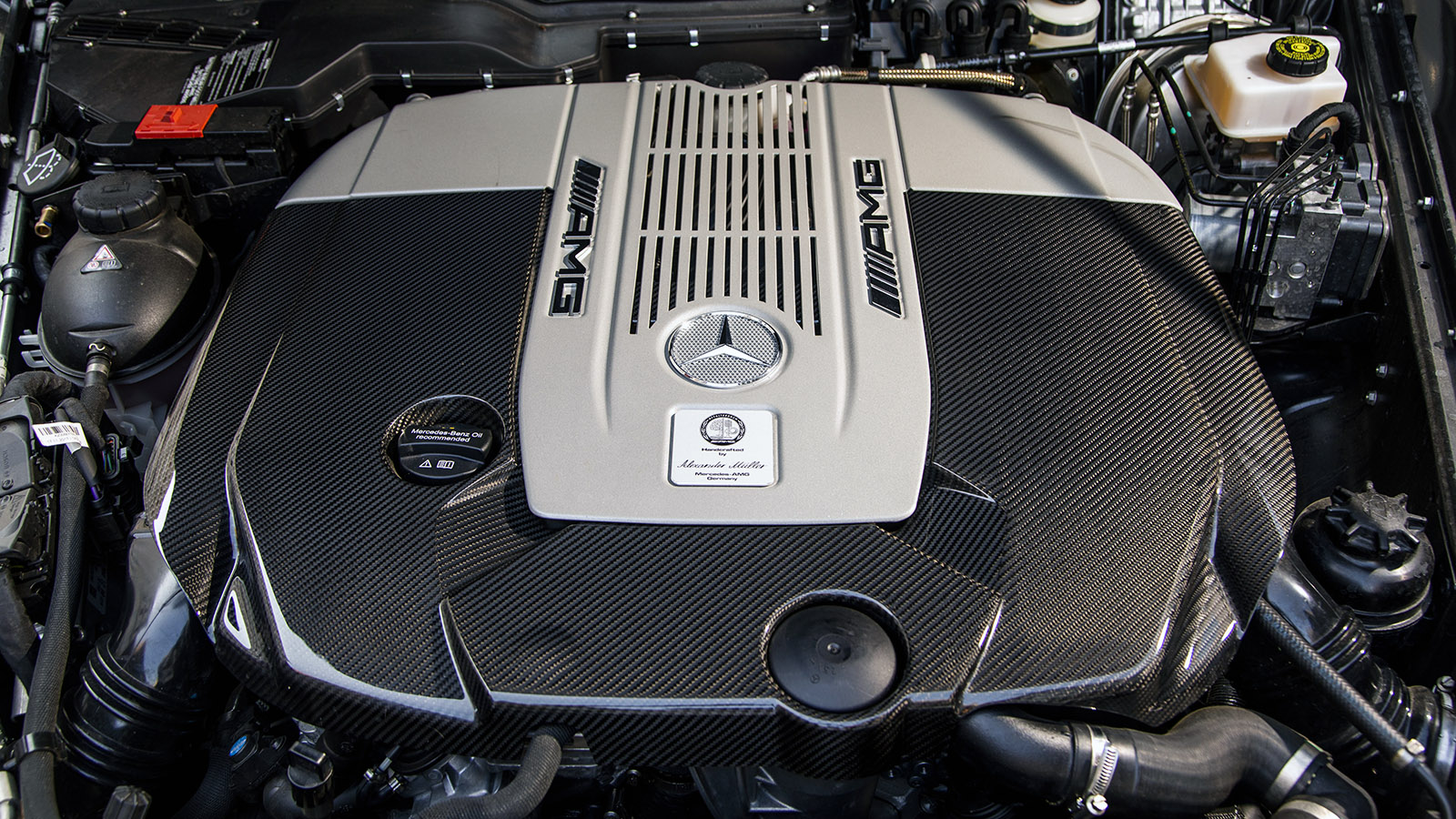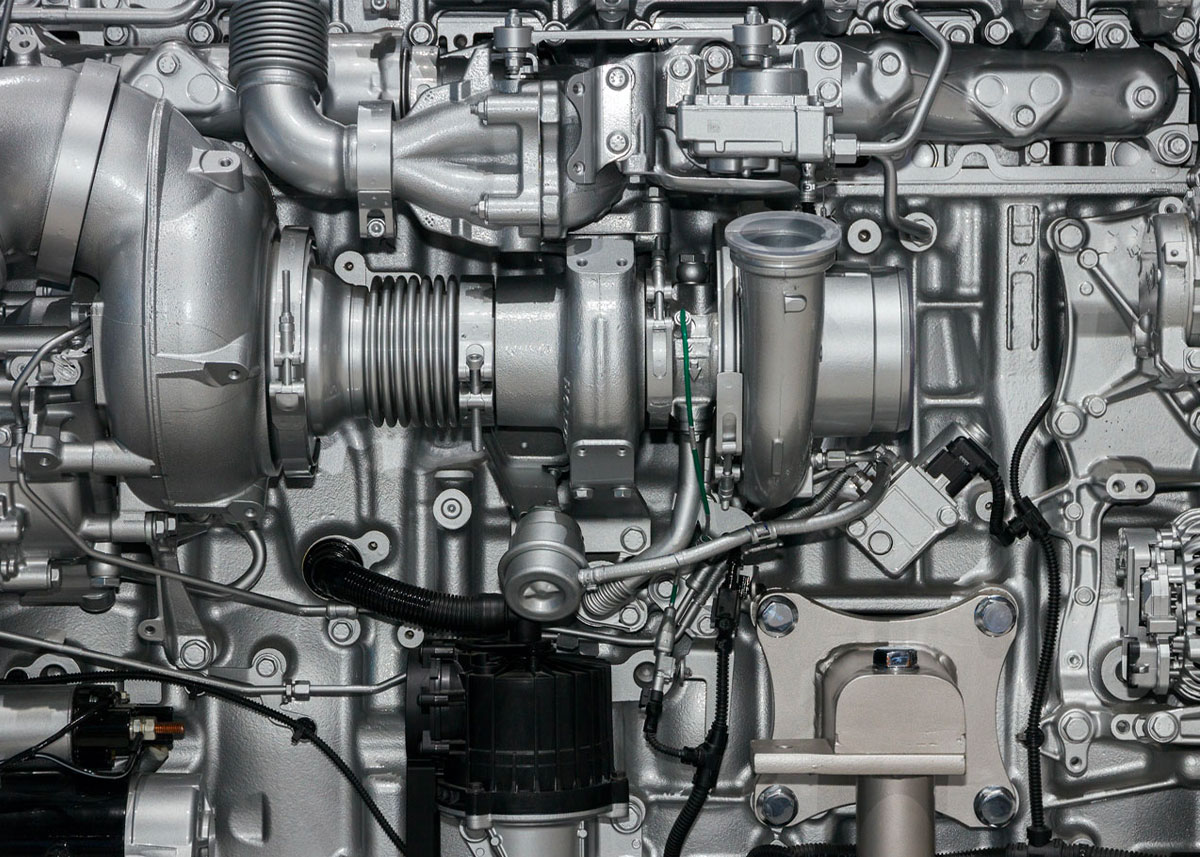A Total Guide to Buying from Engines For Africa
A Total Guide to Buying from Engines For Africa
Blog Article
Explore a Vast Array of Engines for Every Vehicle and Purpose
The automotive landscape is significantly intricate, with a varied array of engine types developed to fulfill specific performance and efficiency requirements throughout various car groups. From the high-performance engines that power cars to the fuel-efficient choices tailored for everyday travelling, the choices are large and differed. In addition, durable engines offer the demands of job automobiles, while green choices are obtaining traction in the quest of sustainable transport. Recognizing these distinctions is critical for making educated decisions, particularly as emerging modern technologies proceed to form the future of auto engineering. What effects might these innovations hold for suppliers and consumers alike?
Sorts Of Automotive Engines
Automotive engines can be categorized into numerous unique kinds, each created to meet details efficiency and effectiveness requirements. The most common classifications consist of inner combustion engines, electrical engines, and crossbreed systems.

Electric engines, on the various other hand, run on electrical power stored in batteries, supplying instant torque and absolutely no discharges. These engines are coming to be significantly preferred due to advancements in battery technology and the growing emphasis on sustainability.
Hybrid systems incorporate both inner combustion and electric engines, allowing cars to enhance gas effectiveness and lower emissions by flawlessly switching over between source of power. Each engine type provides its negative aspects and benefits, influencing elements such as automobile layout, planned use, and market need. Recognizing these differences is essential for makers and consumers alike when choosing the proper engine for their certain demands.
Performance Engines for Sports Cars
Performance engines for cars are particularly crafted to supply boosted speed, power, and dexterity, establishing them aside from conventional vehicle engines. These engines usually utilize advanced technologies such as turbocharging, supercharging, and variable valve timing to make the most of performance and responsiveness.
Typically, efficiency engines are made with higher compression ratios, which permit better energy extraction from gas. This leads to impressive horsepower and torque figures, making it possible for fast velocity and greater full throttle. In addition, the lightweight products used in these engines, such as aluminum and carbon fiber, add to minimized total lorry weight, improving handling and maneuverability.
Engine arrangements like V6, V8, and even hybrid systems prevail in efficiency sports autos, each offering unique benefits in regards to power delivery and driving dynamics. The adjusting of these engines is additionally crucial; several producers enhance the engine management systems to supply an exhilarating driving experience, frequently including sporting activity modes that change throttle reaction and gear shifts.
Effective Engines for Daily Commuters
In the realm of day-to-day commuting, effective engines play a critical duty in enhancing fuel economic climate and decreasing emissions while offering dependable efficiency. As metropolitan populaces grow and environmental issues magnify, the demand for cars equipped with reliable powertrains has actually surged.
Modern engines developed for day-to-day commuters frequently include innovations such as turbocharging, direct gas injection, and crossbreed more info here systems. Turbocharging improves engine efficiency forcibly even more air right into the burning chamber, permitting smaller, lighter engines that do not endanger power output. Straight gas shot improves fuel atomization, leading to far better burning and boosted effectiveness.
Hybrid engines, integrating internal combustion with electric power, more boost gas economic situation, especially in stop-and-go website traffic, where traditional engines can deal with inefficiencies. Electric electric motors help during velocity and can operate independently at low rates, lowering total gas consumption.
Additionally, developments in engine administration systems and light-weight products add significantly to reliable engine design. By concentrating on efficiency, resilience, and ecological sustainability, producers remain to supply engines that not just fulfill the needs of daily commuting yet also line up with global efforts to decrease carbon footprints.
Heavy-Duty Engines for Job Automobiles
Durable engines for job automobiles are routinely engineered to supply exceptional torque and dependability under demanding conditions. These engines are created to perform in settings where typical engines may fail, such as construction sites, logging procedures, and agricultural settings. The primary focus of durable engines is their capability to create high levels of power while keeping longevity over expanded durations of procedure.
Commonly, sturdy engines utilize sophisticated materials and durable building and construction strategies to stand up to the rigors of heavy workloads. Attributes such as reinforced cyndrical tube blocks, boosted air conditioning systems, and progressed gas shot innovations contribute to their performance. These engines frequently run at lower RPMs, which assists to maximize gas performance while providing the required power for carrying and lugging.
Along with mechanical robustness, durable engines are usually geared up with innovative electronic control devices (ECUs) that handle efficiency, emissions, and diagnostics. This combination permits for much better tracking and maintenance, guaranteeing that job lorries remain functional and reliable.
Inevitably, sturdy engines are a crucial component in the productivity of numerous sectors, providing the essential power and integrity to deal with the toughest of jobs.
Eco-Friendly Engine Options
The expanding emphasis on sustainability has actually led to the growth of eco-friendly engine options that prioritize minimized emissions and enhanced gas efficiency. These engines are developed to lessen the ecological influence of cars while still supplying the efficiency and dependability expected by customers.
Among one of the most remarkable green alternatives are hybrid and electric engines. Crossbreed engines integrate traditional inner combustion engines with electric propulsion, enabling for reduced fuel usage and lower greenhouse gas emissions. Electric engines, on the various other hand, operate entirely on battery power, generating absolutely no tailpipe discharges and contributing to cleaner air high quality.
Another view publisher site encouraging development is the development of biofuel engines, which use renewable energies, such as plant products, to power automobiles (Engines For Africa). By utilizing biofuels, these engines can lower dependence on nonrenewable fuel sources and reduced general carbon impacts

As the automotive industry develops, green engine choices will play a vital role in driving the change in the direction of even more lasting transport options.
Final Thought
The auto market offers a varied array of engines developed to meet numerous lorry needs and functions. From high-performance engines that improve sports automobile capabilities to reliable designs focusing on fuel economy for day-to-day commuters, each type offers a details function. Heavy-duty engines cater to durable job vehicles, while environmentally friendly options, such as electric and biofuel engines, advertise lasting transportation. This extensive variety makes certain that all driving requirements are addressed, adding to improvements in automotive innovation and environmental stewardship.

Report this page